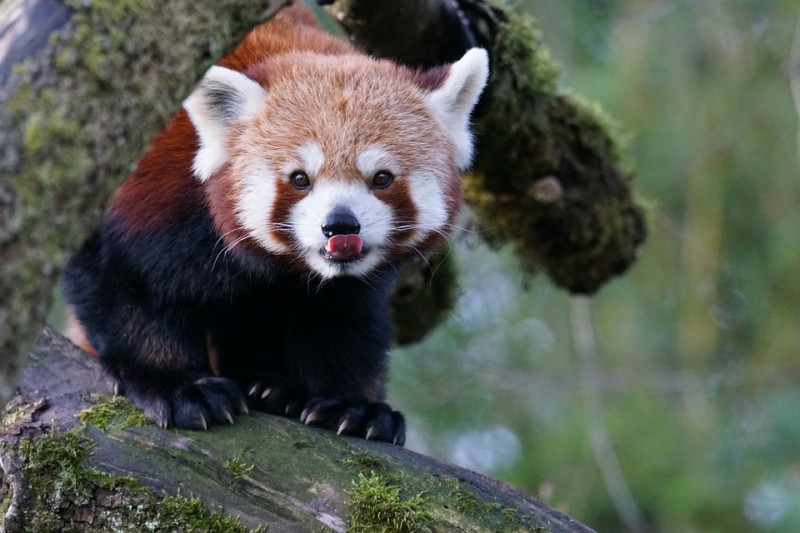
Animals, both big and small, have an extraordinary influence on the environment and the planet as a whole. Their actions, behaviors, and interactions with the ecosystem play a crucial role in maintaining the delicate balance of our world. In this article, we will explore the various ways in which animals affect our planet.
1. Biodiversity and Its Significance
2. Keystone Species
3. Trophic Cascades
4. Pollination and Plant Growth
5. Decomposition and Nutrient Recycling
6. Nitrogen Fixation
7. Carbon Sequestration
8. Albedo Effect and Habitat Preservation
9. Soil Aeration and Fertility
10. Pest Control - Natural pest control methods employed by animals. - The benefits of reducing pesticide use.
11. Medicinal Discoveries - Animals as sources of life-saving medicines. - Examples of medical breakthroughs from the animal kingdom.
12. Emotional and Psychological Benefits - The therapeutic effects of human-animal interactions. - Pets as companions and stress-relievers.
13. Agriculture and Livestock - The economic importance of animal agriculture. - Challenges and sustainability issues.
14. Wildlife Tourism - How animals drive tourism and local economies. - Balancing conservation and tourism.
15. Habitat Destruction and Extinction - The impact of human activities on animal habitats. - Conservation strategies to prevent extinction.
16. Overexploitation - Hunting, fishing, and the depletion of animal populations. - Sustainable practices and regulations.
17. Pollution and Climate Change - How pollution and climate change affect animal populations. - Global efforts to combat environmental threats.
18. Animal Education Programs - The role of zoos, aquariums, and wildlife sanctuaries. - Promoting awareness and conservation.
19. Citizen Science - How ordinary people can contribute to animal research. - The power of collective data gathering.
20. Empathy and Responsibility - Fostering a sense of responsibility towards the planet. - Encouraging empathy for all living creatures.
In conclusion, animals are not just passive inhabitants of our planet; they are active participants in shaping its destiny. From maintaining biodiversity and nutrient cycling to regulating the climate and benefiting human well-being, animals have a profound impact on the Earth. Understanding and respecting the role of animals in our ecosystem is essential for the sustainability of our planet and all its inhabitants.
7 health benefits of watermelon consumption